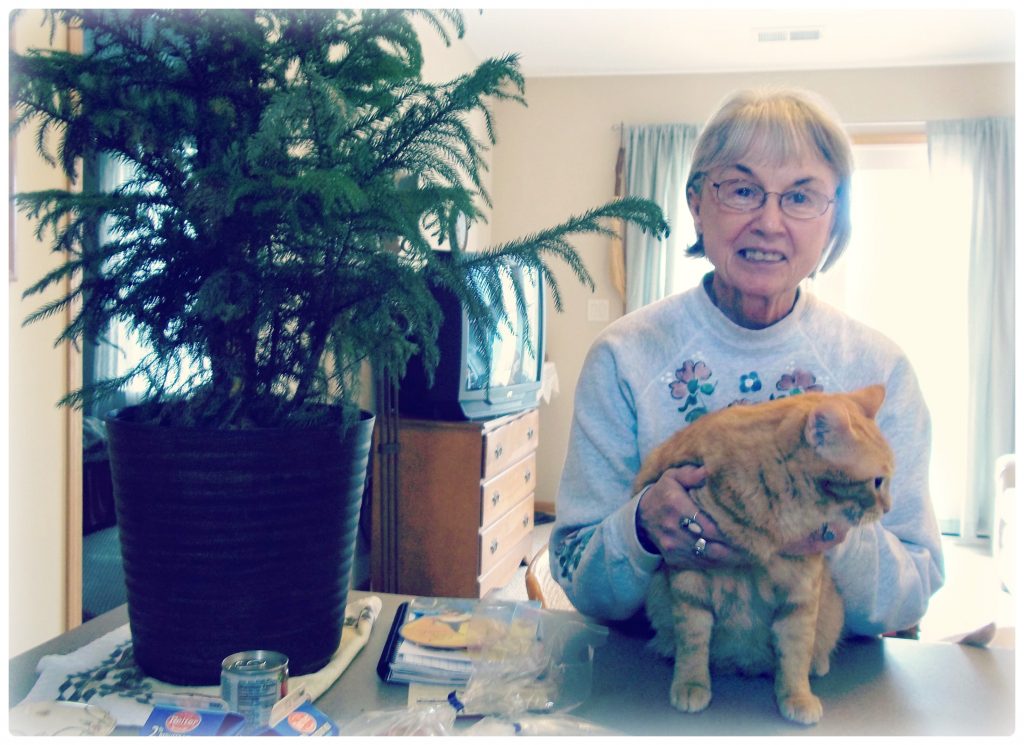Pets help older adults cope with health issues, get active, and connect with others.
Anyone who has ever loved a pet knows the value such an animal brings to our lives. Pets can provide companionship, security, and purpose—and have a positive impact on our health and well-being.
Earlier this year, the University of Michigan conducted a national poll on healthy aging, and devoted several questions to the benefits and challenges of owning a pet.
More than half of adults ages 50 and older reported having a pet, and nearly 90 percent of those pet owners said their animals helped them enjoy life and feel loved.
As if that feel-good statistic wasn’t enough, roughly 80 percent said their pets reduced stress; almost 75 percent felt empowered with a sense of purpose; and 64 percent said their pets helped them stay physically active.
The benefits are plentiful—at any age. Animals can lower stress, reduce symptoms of depression and anxiety, and encourage physical activity. When applied to older adults, who often face an increased risk of loneliness and social isolation, pet ownership may be especially impactful.
According to the poll results, among those who lived alone or reported fair or poor physical health, 72 percent said pets helped them cope with their physical or emotional symptoms.
While the benefits of pet ownership can be substantial, there are also challenges, such as the 54 percent who reported difficulty training or leaving the house.
Pets may be associated with an increased falls risk. Among older adults, fractures linked to dog walking are surprisingly common, with injuries related to pets highest for people ages 75 and older.
The cost of pet ownership can be prohibitive, too. One in five older adults indicated pet care puts a strain on their budget. One in six said their pet’s health takes priority over their own health.
It’s something our community has seen firsthand in seniors who would rather share their home-delivered meal with a pet than see the pet go hungry.
That’s one reason SourcePoint’s Meals on Wheels program accepts pet food donations, all of which go to the pets of in-home care clients. SourcePoint’s volunteers distribute nearly 30 pounds of food each day! (On a related note, the Friends of Alum Creek Dog Park are hosting their 8th annual holiday pet food drive Saturday, Dec. 14 and Sunday, Dec. 15. Learn more on their Facebook page.)
Another local organization committed to helping seniors benefit from pet ownership is the Humane Society of Delaware County. They’re launching a pet care assistance program to provide vaccines, medication, surgeries, and grooming for the pets of homebound seniors.
For many, the positives of owning a pet make the commitment of time and money worth it. With the help of community programs that help older adults find low-cost ways to support pet ownership, more seniors may benefit.
For adults who don’t have pets, but still want to reap the rewards, animal-assisted activities and pet therapy are rapidly growing in popularity. Local community centers, such as SourcePoint, receive multiple visits each month from local therapy dogs. Volunteering at a local shelter or pet sitting are also ways to engage with animals without the responsibilities of pet ownership.
Alison Yeager is the director of communications and development at SourcePoint. Learn more at MySourcePoint.org or call 740-363-6677.
…
PHOTO: Rosie, a LCC K-9 Comfort Dog, visits SourcePoint with Handler Mary Ludlam and Wellness Manager Jonell Arthur.


